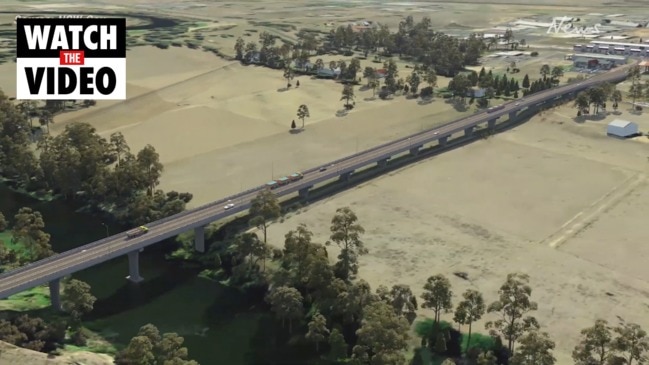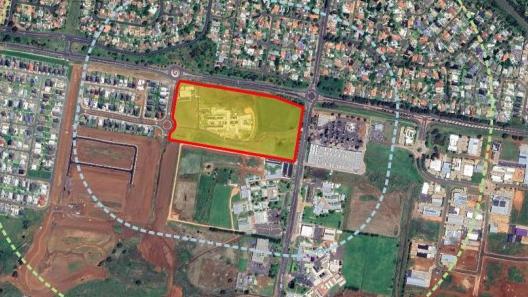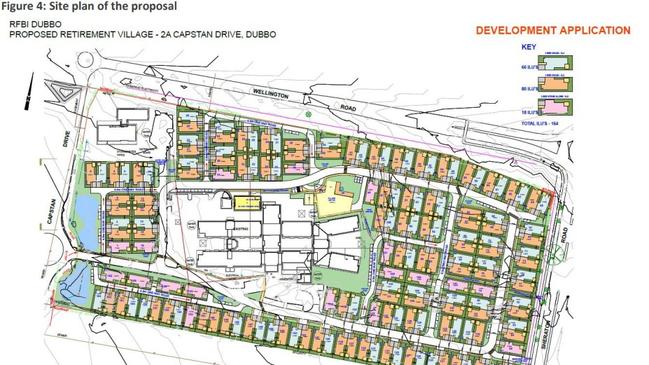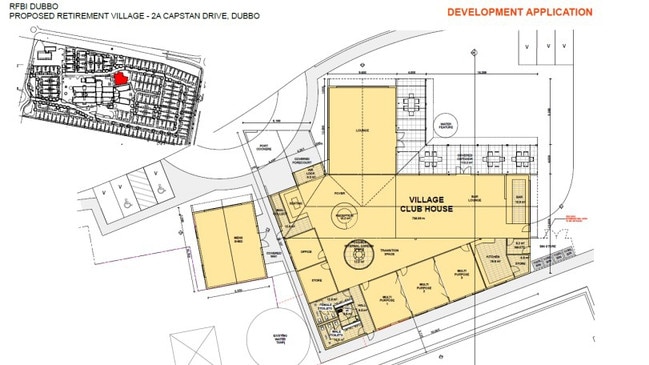Dubbo Masonic Village: 164 units, clubhouse, men’s shed revealed in $54 million expansion
An aged care centre in the Central West has revealed $54.7 million expansion plans. Here is what it means.

Dubbo News
Don't miss out on the headlines from Dubbo News. Followed categories will be added to My News.
An aged care centre in the state’s west has unveiled plans for an expansion of their current site following a massive boom in demand across the region.
Royal Freemasons’ Benevolent Institution’s Dubbo Masonic Village on Capstan Ave put $54.7 million plans before Dubbo Regional Council to build 164 independent seniors living units, a village clubhouse, a men’s shed and associated works on vacant land.
The design for the new facility features “high-quality accommodation with contemporary fixtures and finishes” with communal and private open space throughout the facility.
The village opened as a 70-bed residential facility in May 2017, with on-site services, including a hair and beauty salon, health and wellness rooms, a spa room, cafe, cinema, a library and a memory support unit for those living with dementia.

A planner for the project said the expansion of the site will “reinforce the importance” of additional housing supply catered for senior residents.
If approved, the 164 living units would be comprised of 18 three-bedroom units, 66 two-bedroom duplex units, and 80 three-bedroom duplex units.

“The development has been designed in a manner that enhances and responds sensitively to its setting, creating spaces that reflect the desired scale and significance of the immediate precinct,” the planner said.
“The development will provide additional residential accommodation for seniors allowing residents to age in place in a well-designed development with a high level of residential amenity.

“It would provide a significant increase housing options for seniors and elderly people in Dubbo, meeting the needs of the region’s ageing population.”
The planner said the development is expected to have a positive social impact on residents as they “retain connections to the local community” and stay “embedded within their social support networks”.
“Residents would also be able to have access to improved transport options and increased access to health care services, alongside increased access to community facilities and open spaces through the incorporation of these features into the proposed development.”



